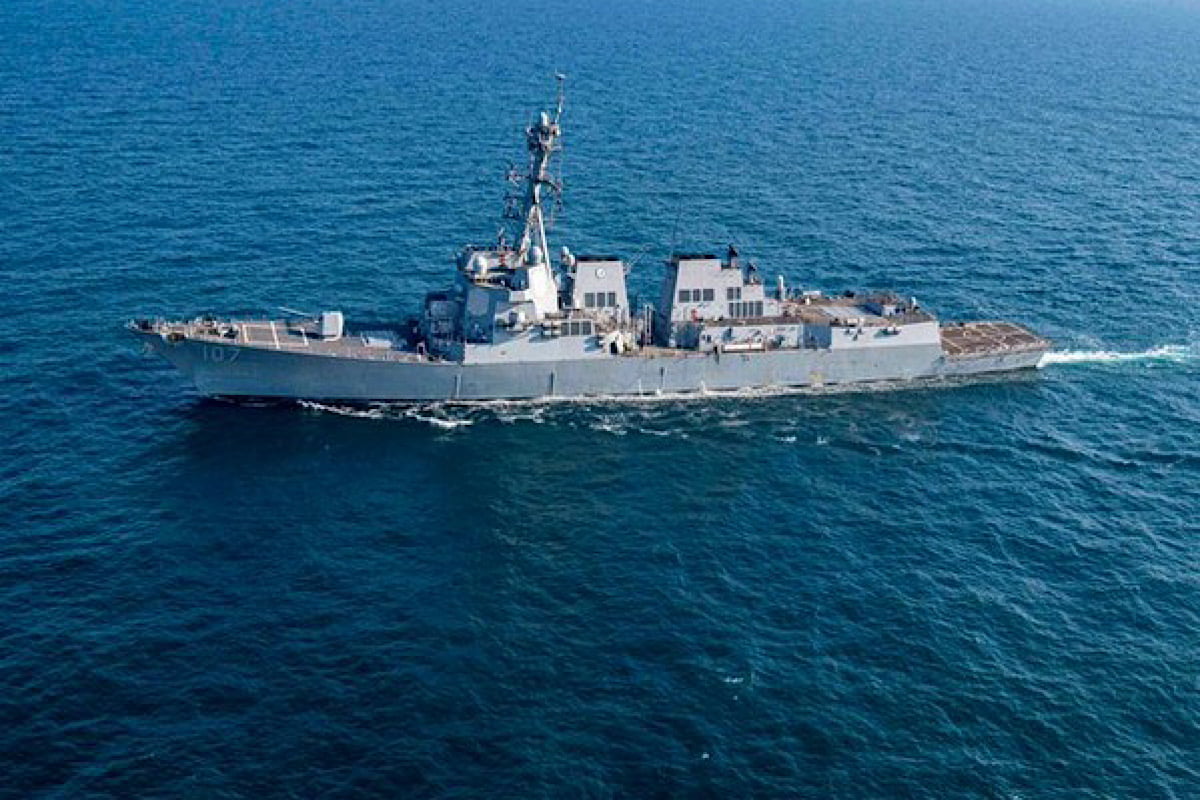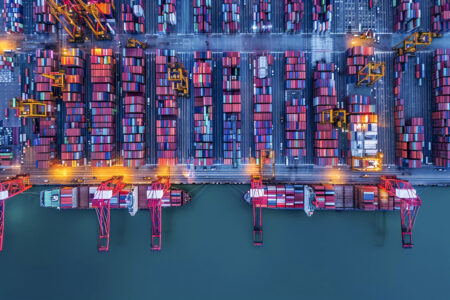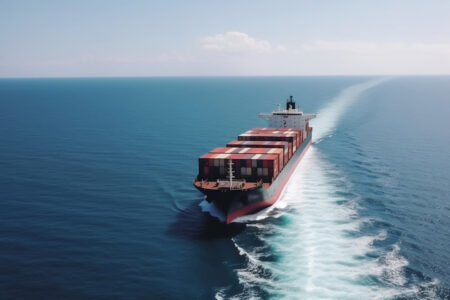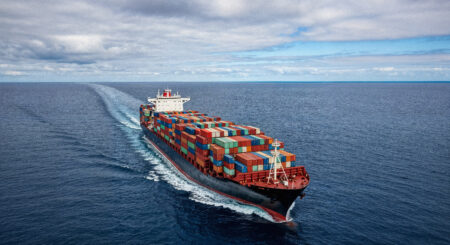In a strategic move, the Indian Navy successfully rescued the crew of the U.S.-owned vessel Genco Picardy after a Houthi attack in the Gulf of Aden. Following the assault, the U.S. military conducted strikes on 14 Houthi missiles to counter the imminent threat to merchant vessels and U.S. Navy ships in the region, disrupting global trade.

President Joe Biden’s approach of limited military strikes and sanctions aims to prevent a wider Middle East conflict. However, experts question its effectiveness in curbing Houthi attacks that cause supply bottlenecks and raise inflation fears.
The targeted sea route handles 15% of global shipping traffic, connecting Europe and Asia. Attacks, coupled with Suez Canal revenue declines, impact Egypt’s economy. Wheat shipments via the canal dropped by 40%, contributing to renewed concerns about stretched supply chains.
Maersk and other shipping giants reroute vessels, impacting refuelling patterns worldwide. Rotterdam Port anticipates increased traffic by late January but expects no major logistical issues. However, concerns rise for ports in Italy and France potentially bypassed by ships avoiding the Mediterranean route.
The crisis prompts creative solutions, with vessels potentially transferring goods to Morocco for Mediterranean service. As global maritime disruptions unfold, the situation underscores the complexities and challenges facing international shipping and trade.
Source:(Reuters)
Reuters Graphics Reuters Graphics










